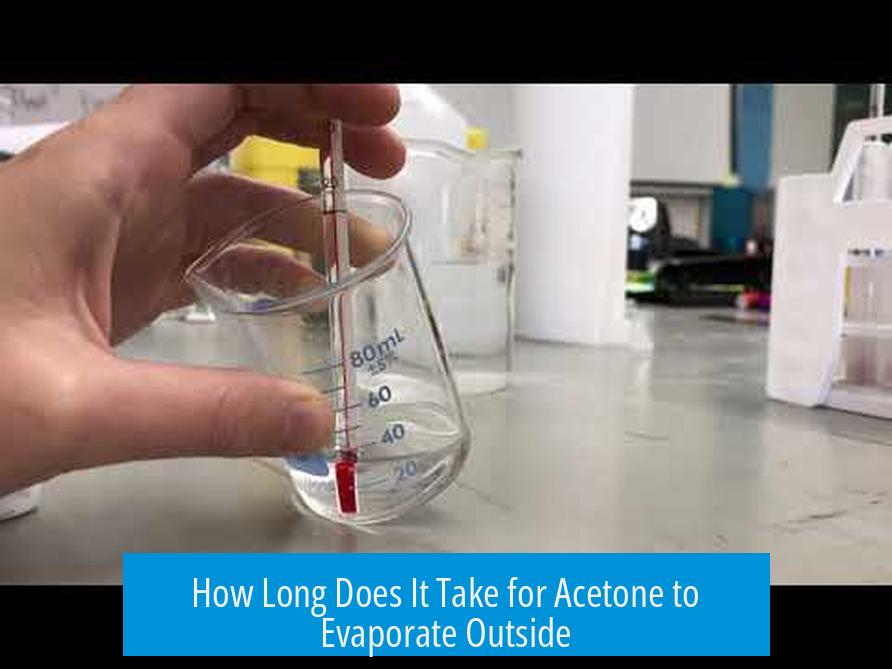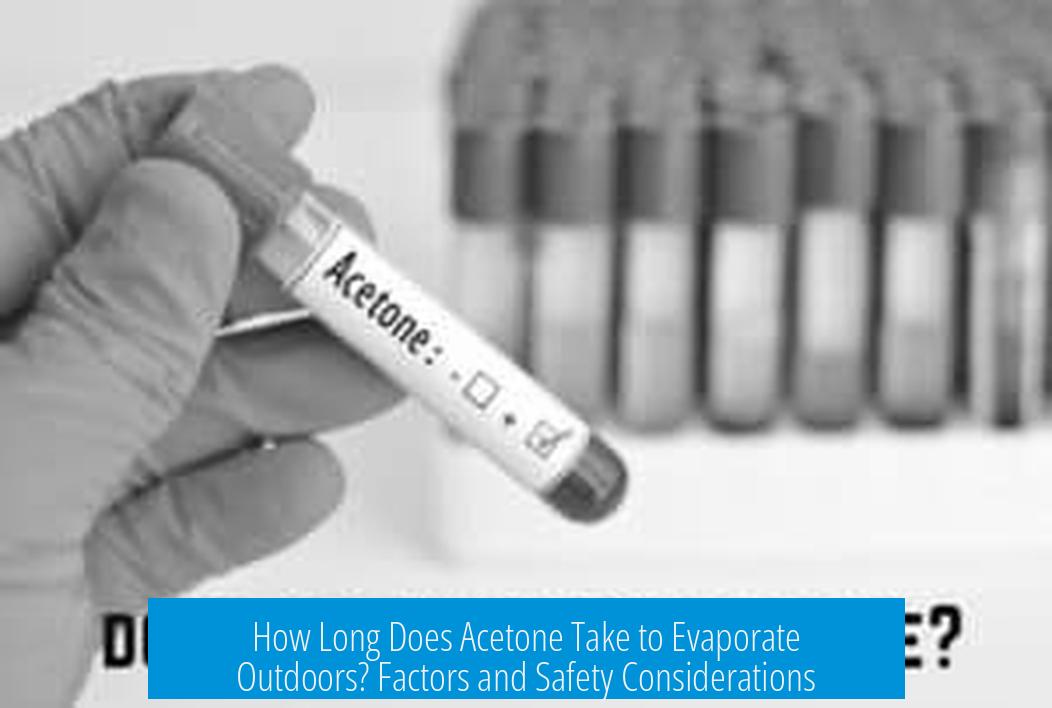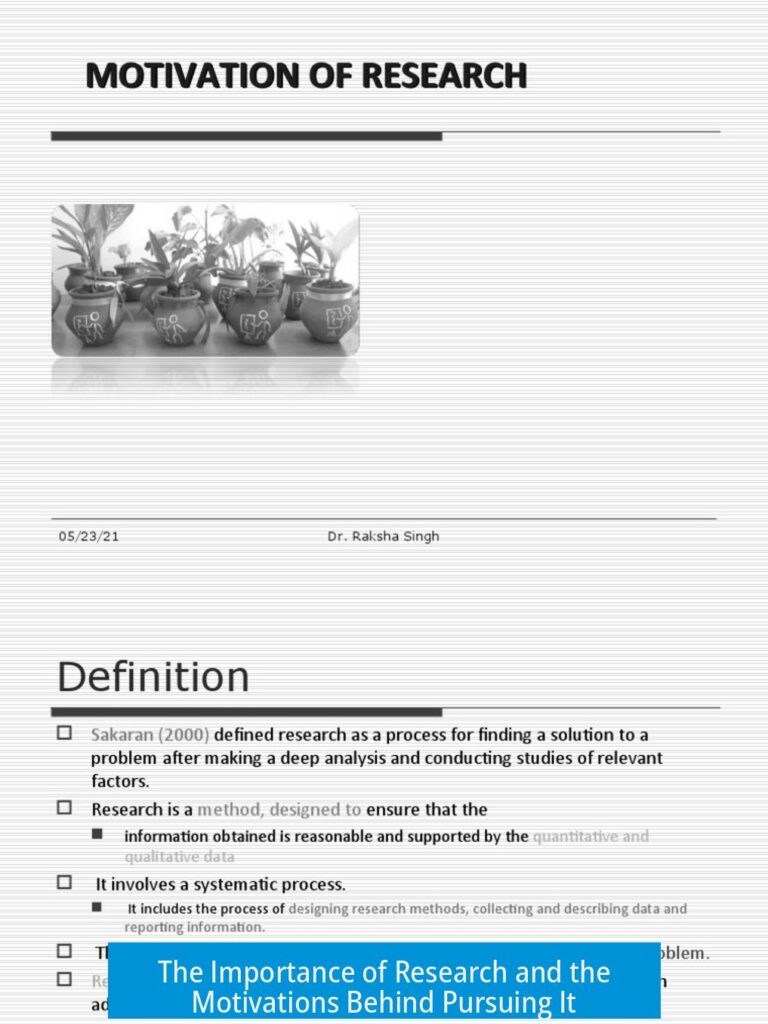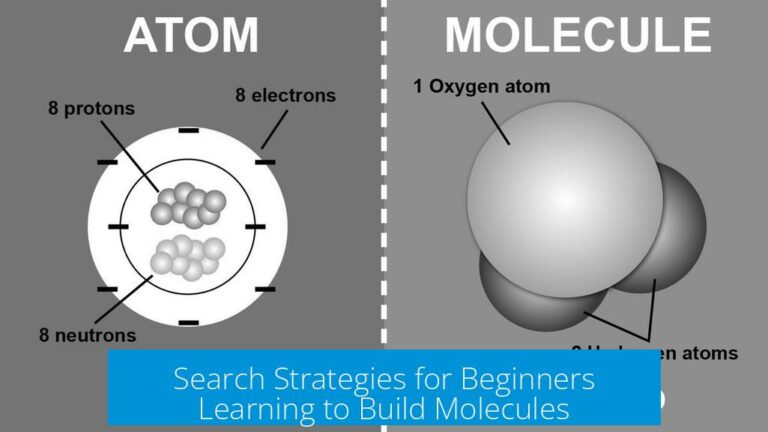How Long Does It Take for Acetone to Evaporate Outside?

Acetone evaporates extremely fast outdoors, typically within about 30 seconds. Its high volatility causes rapid transition from liquid to vapor, especially in an open-air setting.
Evaporation Characteristics of Acetone
- Acetone is classified as a highly volatile solvent.
- Its low boiling point (56°C) and high vapor pressure accelerate evaporation.
- In outdoor environments, the liquid dissipates nearly instantaneously.
Key Factors Affecting Evaporation Time
While the baseline evaporation is around half a minute, actual duration depends on:
- Airflow: Any movement of air speeds evaporation by dispersing vapors.
- Temperature: Warmer temperatures increase vapor pressure, speeding evaporation.
- Surface Area: Larger exposed surfaces allow faster evaporation.
- Humidity: High humidity may slightly slow down vaporization but has minor effect outdoors.
Safety Considerations for Acetone Fumes Outdoors
Acetone vapor dissipates quickly outside, reducing inhalation risks significantly.
- Any lingering fumes disappear fast with minimal airflow.
- Acetone is generally safe in typical exposure amounts; it forms the base of many nail polish removers.
- Indoors, maintaining ventilation for a few minutes clears acetone odor and fumes.
Use and Practical Notes
Acetone is commonly used to clean epoxy before curing. Once epoxy hardens, acetone loses effectiveness as a solvent and mechanical removal becomes necessary.
| Application | Effectiveness of Acetone |
|---|---|
| Cleaning uncured epoxy | Effective solvent |
| Removing cured epoxy | Ineffective, scraping needed |
Summary of Key Points
- Acetone vaporizes outdoors in approximately 30 seconds.
- Airflow and temperature strongly influence evaporation speed.
- Fumes dissipate quickly outside, posing low inhalation risk.
- Acetone is a safe solvent commonly found in household products.
- Effective for cleaning uncured epoxy but not cured material.
How fast does acetone evaporate when used outside?
Acetone typically evaporates in about 30 seconds outside. It is highly volatile, so it disappears very quickly with any air movement.
Does air flow affect acetone evaporation time outdoors?
Yes, airflow plays a major role. Even slight airflow prevents acetone from lingering in the air and speeds up evaporation.
Are acetone fumes dangerous when evaporating outside?
Acetone fumes dissipate rapidly outdoors, so they pose little risk outside. The fumes clear within minutes in open air.
Can acetone dissolve fully cured epoxy?
Acetone does not dissolve cured epoxy well. It works best for cleaning epoxy before it cures; afterward, scraping is usually necessary.





Leave a Comment